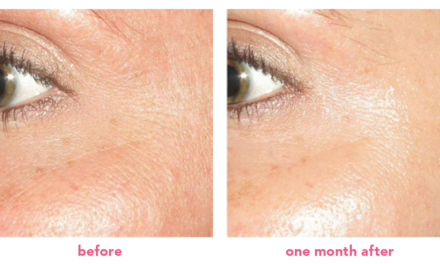Many do not pause to consider the adverse effects of asthma and environmental allergies on quality of life. Over 65 million Americans (1 in 5) suffer from allergies, making it the sixth leading cause of chronic illness in the U.S. Studies have shown that allergy sufferers lose an average of four days of productivity a month, and allergies are the number one cause of missed school days—making it more than a minor nuisance.
Environmental allergies include reactions to substances encountered frequently like pollens, pet dander, grasses, trees, dust mites, and molds. Some issues related to these types of allergies include rhinitis (stuffy or runny noses), itchy watery eyes, sneezing, throat clearing, recurrent sinus infections, snoring, and trouble sleeping. Many people do not realize that the most common symptom of environmental allergies is fatigue, so addressing your allergies can give you more energy for your busy life.
Limit or reducing exposure to allergens:
- Hypoallergenic pillowcases and bed covers
- HVAC filters with a MERV rating of 13 or above and changing them frequently
- Wearing masks while doing house and yardwork
- Air purifier in your bedroom
- Vacuuming with HEPA vacuum cleaners
- Washing bedding in hot water each week
Seek medical treatment for:
- Antihistamines
- Decongestants (for short term use only)
- Nasal sprays/nasal corticosteroids
- Allergy shots/immunotherapy
Many of these can be purchased over-the-counter, however, the newest treatments and allergy shots require a prescription and medical supervision.
Asthma is a somewhat common condition in which airways become inflamed and swollen making it difficult to breathe. Sometimes the bronchi of the lungs can spasm or produce excess mucus causing reduced airflow. Sufferers may experience minor daily symptoms or severe reactions that can be life threatening. You may have even heard of exercise-induced asthma. This can be triggered by airborne irritants and the rapid heavy breathing during exercise. Symptoms of asthma include wheezing, shortness of breath, coughing, and difficulty breathing.
There’s evidence that it can be effectively controlled since 15% of Olympic athletes have asthma. Today, there are many effective treatments that fall into two categories. (Effective asthma medications typically require a prescription.)
Long-term asthma control medications:
- Inhaled corticosteroids
- Oral leukotriene modifiers
- Combination inhalers
- Biologics-medications that target the immune response
Quick-relief medications including:
- Beta agonist inhalers
- Anticholinergic inhalers
- Oral corticosteroids
Proper diagnosis and treatment are essential to controlling your specific issue. If you suffer on a daily basis, consider taking the next step to manage your health for a better quality of life.
Dr. McCulley has also been involved in the allergy community as the past President of both the Tennessee Allergy Society and Mid-South Allergy Forum. She also served on the Membership Committee of the American College of Allergy, Asthma & Immunology. She has numerous publications in Allergy & Immunology Clinics of North America and was the lead author of the Asthma Chapter of the Best Practice of Medicine, along with numerous other publication. She and her team treat patients at 5 locations across the Mid-South. For more information, call 901.623.3323 or visit Mcculleyallergy.com.







